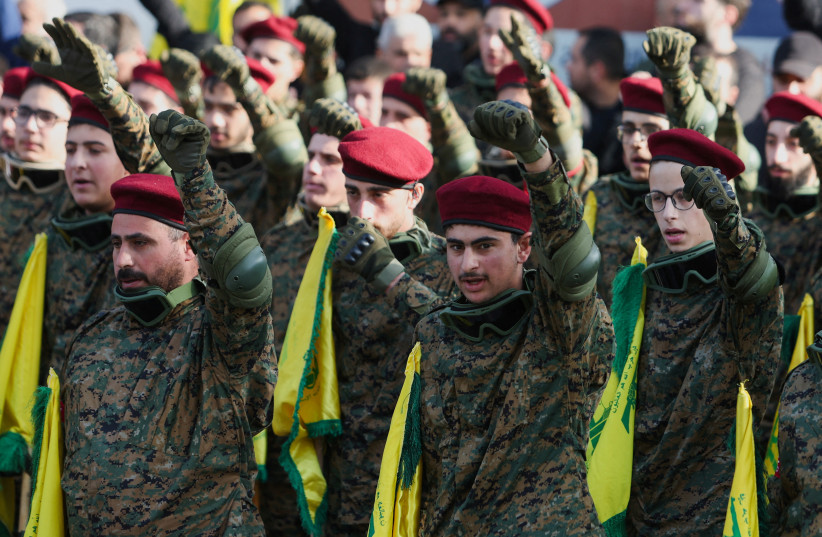While the ceasefire proposal brokered by the US between Israel and Hezbollah would allow a temporary cessation of hostilities, a more permanent solution could be found within Lebanese politics, Middle East expert, professor Amatzia Baram told Radio 103FM on Friday.
While he affirmed that the proposal was "not bad," Baram added, "From a more analytical perspective, the implication is that within a year or two, Hezbollah will return to what it was, and it will be better, more updated, more technological, with leadership that is less experienced, but a leadership that will receive support from Iran."
In such a case, a more difficult round of conflict would ensue, Baram stated. "We need to understand what this means – we will go to a much harder war in a few years. This is something very difficult to accept," he said.
According to Baram, "It is possible to reach a better solution, even without extending the war by much." For Baram, the solution lies within Lebanon.
"There are almost a quarter of a million Lebanese Shiite refugees who fled to Syria, where they are not wanted. They fled to Iraq, and they are not wanted in Baghdad. They fled to southern Iraq, which is a Shiite area, and there they are accepted," Baram explained.

"The Kuwaitis are concerned because they are on the Kuwaiti border. Many Shiites are in different parts of Lebanon, but they are not welcomed with open arms almost anywhere," he stated.
He detailed the effects of such a situation on a terrorist from Hezbollah's elite Radwan Unit.
"One needs to think like a terrorist of the Radwan force," who remained in Lebanon while his family fled to southern Iraq, for example.
"They speak two or three times on the phone. Even an Israeli reserve soldier who is now in southern Lebanon and talks to his family feels bad, but you can't compare the two – because our soldiers have support. The Shiites, have no support," Baram affirmed.
Lebanese politics
Baram referred to Lebanese politics and its stance on terrorism, explaining: "The Lebanese parliament has 128 seats, with 17 belonging to the Maronite party, which until now has staunchly supported Hezbollah. Now their leader has announced that he no longer supports Hezbollah."
"More than two years ago, there were elections in Lebanon, after years of tension between the Shiites and the rest of the population, and the result was that Hezbollah and its allies lost the majority they had in parliament, and now the parliament is divided.
"So, when 17 members of parliament shift their support to the opposing side, it’s a very heavy blow," Baram explained.
According to Baram, this will subsequently enable the election of a new president who "could issue an order that would require Hezbollah to disarm, which is essentially Resolution 1701."
In such a scenario, Baram explained," They [Hezbollah] will take the Kalashnikov out of the children's room and go out into the street. They have rifles, that’s true, but then they will lose the legitimacy of the democratic government.
"If the parliament is against them, they will lose all the public and international legitimacy they have."
